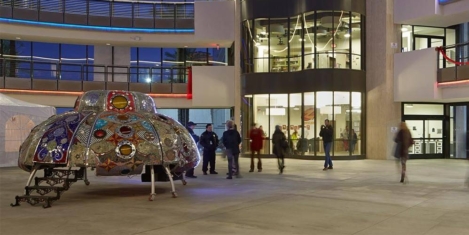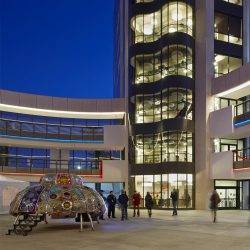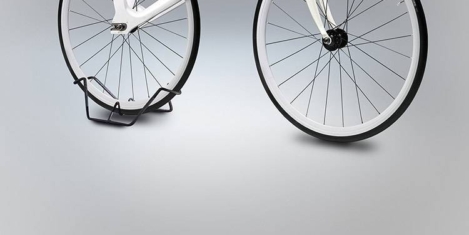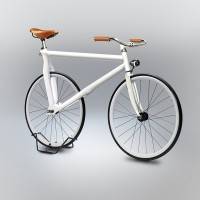March 7, 2019
British Property Federation urges government to create coherent proptech strategy
 The UK is well placed to capture the lead as a global hub for real estate technology and innovation a report from the British Property Federation claims. But the country needs to develop a joined-up proptech strategy and roadmap to remain competitive globally, according to the report published jointly by the British Property Federation and Liquid Real Estate Innovation. The LIQUID Report: Leading the Digital Transformation of Global Real Estate claims that the UK is already a leader in terms of its capacity for innovation, data infrastructure, market transparency and quality of education, but falls behind other countries in terms of venture capital investment and technology infrastructure.
The UK is well placed to capture the lead as a global hub for real estate technology and innovation a report from the British Property Federation claims. But the country needs to develop a joined-up proptech strategy and roadmap to remain competitive globally, according to the report published jointly by the British Property Federation and Liquid Real Estate Innovation. The LIQUID Report: Leading the Digital Transformation of Global Real Estate claims that the UK is already a leader in terms of its capacity for innovation, data infrastructure, market transparency and quality of education, but falls behind other countries in terms of venture capital investment and technology infrastructure.













 The government is being encouraged to implement mandatory ethnicity pay gap reporting when it announces the outcome of its ‘
The government is being encouraged to implement mandatory ethnicity pay gap reporting when it announces the outcome of its ‘








 With the rise of both cloud-based technology and the worldwide gig economy, the last ten years of the 21st century have seen some near-revolutionary changes in workplace practice. Entrepreneurs everywhere have been more than happy to make use of these developments, taking advantage of the new business models these changes have brought. For example, IDG found that
With the rise of both cloud-based technology and the worldwide gig economy, the last ten years of the 21st century have seen some near-revolutionary changes in workplace practice. Entrepreneurs everywhere have been more than happy to make use of these developments, taking advantage of the new business models these changes have brought. For example, IDG found that 












March 6, 2019
It’s not a skills gap, it’s a diversity gap
by Agata Nowakowska • Comment, Workplace
As digital transformation impacts organisations in every industry, the workplace as we know it is evolving fast. For IT leaders, the accelerated rate of technological change means the pressure is on to deliver, manage and secure new platforms. But the wider ramifications of digitalisation projects are proving profound, leaving business executives facing a dilemma. (more…)